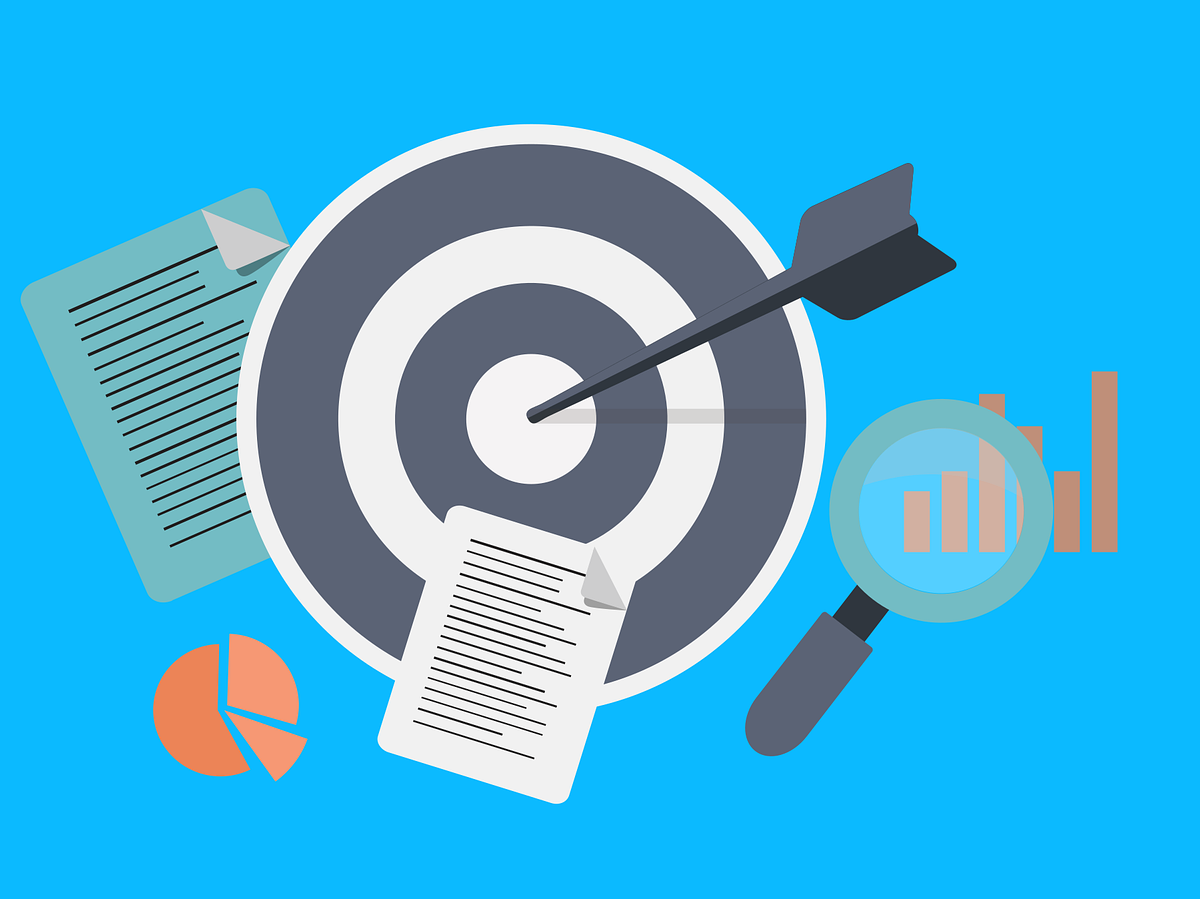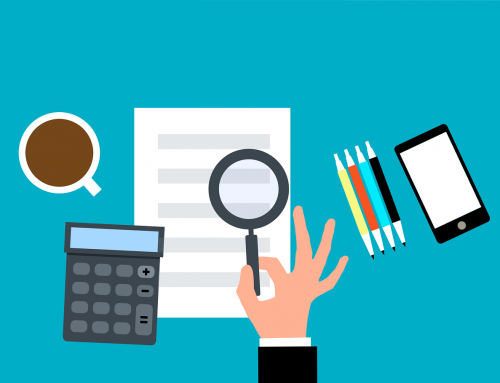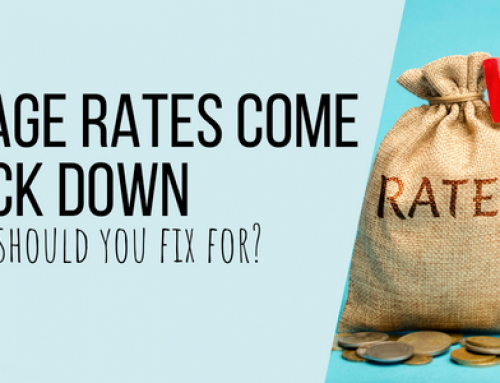What are your financial New Years’ resolutions?
Reading Time: 6 minutes
January 13, 2023

2022 was a tough year for most in one way or another, with a huge affect on many of our finances. The increasing cost of food, fuel and energy made worse with rising mortgage interest rates dealing many mortgage customers huge increases at the end of their fixed rate.
So, with a New Year now underway, it isn’t too late to set your New Years’ resolutions for your finances to help ease the effect of ongoing cost increases. Our handy list of 10 Financial New Year’s Resolutions that could help better your finances for 2023.
Do you have an emergency fund:
It may seem difficult to envisage pots of cash stashed away while many of us our tightening our belts, but if it’s possible to squirrel away even small amounts to fall back on should you need it, this could provide comfort if tough times come calling.
Some banking apps now allow you to ‘Round Up’ your spending. For example, if you pay £3.97 for an item at the shop your app can round it up to £4 and move the £0.03p to a seperate space. You will be suprised how quickly this builds up.
Are you getting the best deal from your utility provider
While reassessing gas and electric providers may be a little out of reach while the prices continue to climb, other outgoings can be reassessed. From your TV packages to your broadband deal and even your mobile phone contract, when the current agreement ends. It’s worthwhile looking around at what other options are available. Sadly, loyalty is not often rewarded and new customers may see better introductory deals, meaning looking at alternate providers could save you a fair amount of money.
There are a few mobile disrupters in the market place who offer no contract, sim only deals at great prices. Keep your mobile at the end of the contract and switch to one of these providers. I did at the end of my last contract and my monthly mobile bill went from £51 per month to £6 and with no tie in.
Plan for Retirement
If you are only in your 20s or 30s retirement may feel an age away, but it’s never too early to prepare your finances to accommodate the loss of the earned income your used to when retirement. Sitting down and assessing your pension(s) and even looking to consolidate multiple pensions into one spot can help put your retirement finances in line ready for the years ahead.
An IFA is best placed to help you with this as we can not offer pension advice but also there are firms who have apps that can help manage your pensions and concolidate them all in to one. It’s not always best to move your pension as pension rules change so take professional advice before taking any action.
Clear your debts where possible
It’s not uncommon for some of us to build up a little Christmas debt, from credit cards to loans and even store cards, it’s so easy to build up debt through this overspend period. Look to overpay on your minimum repayments where possible to help clear the debts that bit quicker. Or even look at Debt consolidation options where you could secure an alternative loan to pay off the existing debts, creating 1 simple repayment monthly, rather than several spread out debts.
0% credit cards could be a good idea to consolidate your cards in to one and get a nice interest free period to help reduce the balance even quicker. Some cards providers do charge a fee for balance transfers so check it out before you commit.
Plan for the expected, allow for the unexpected
Making compensations for the price rises is something we can plan in to our budgets for the year ahead, but it’s important to ensure we expect the unexpected. What if rates rise? What if you lose your job? What if there is a resurgence of the pandemic? The unknowns could have significant impacts on our finances so it pays to be prepared. Have you considered income protection? Or repotting money into higher interest rate accounts? There are many ways to prepare should the worst happen- do get in touch to discuss further options.
We can help with this and provide protection against loss of income due to unemployment or illness.
Prepare a will
Planning a Will might seem unnecessary and a little uncomfortable, but if you have assets or loved ones to provide for after you’re gone, a Will is an essential part of forward planning. It is widely considered that many Wills are not fit for purpose, if they’re in place at all, so it is worth revisiting yours even if you have one in place, to ensure it is still fit for what you’d like it to do.
^We have teamed up with Squiggle to offer you professional estate planning advice and ensure your estate is protected as best as possible.
*Wills and Estate Planning are not regulated by the Financial Conduct Authority
Get your property valued
The last few years have seen house prices increase considerably, and although the rise is slowing, it could be worth taking a look at the current value of your home. Whether you own your home with a mortgage or outright, it’ll stand you in good stead for your new-year goals to know how much equity you have in your property with regards to retirement planning, moving home or possibly debt consolidation, although this needs to be viewed with caution as it could mean you pay more in the long run.
Knowledge is power and knowing exactly how much equity you’re sitting on can only help inform your personal finance decisions in 2023.
Sites like nethouseprices.com and Zoopla can give you guidance on the possible value of your home.
Improve your Credit Score
When it comes to any significant financial considerations, your credit score is likely to feature in whether you’re able to go ahead or not, so it pays to have it up to scratch. Lenders will use your Credit Score as a report on what your typical financial behaviours are and how they expect you’ll behave with your finances in the future. In simple terms this means your past could shape your future financially. So keep your financial behaviours in order to allow yourself future options for the year ahead.
A better credit score can lead to cheaper borrowing. We recommend checking your score with CheckMyFile. they offer a 30 day no quibble trial but will charge £14.99 permonth after if you do not cancel the subscription. CheckMyFile is a multi agency report, so you can see data from Equifax, Experian and Transunion.
Get your free Multi Agency Credit Report Free Trial
If you would like us to assess your report for you for free, just send us a copy.
Is this the year to invest?
Developing a portfolio of investments could be on your 2023 to-do list. Looking into property or stocks and shares could be where you choose to invest money you may have, but it could be important to secure advice on investing if that’s something your new to. If you’re a seasoned pro, consider what is likely to perform well among periods of uncertainty as we see costs growing.
*We can’t offer any investment advice. Search for a local IFA in your area.
Refine your spending habits
When buying anything, the first thing you should be asking yourself is whether or not you actually need what you’re about to buy. If the answer is no, then put it down and walk away. This can be tricky, but once you get used to it, you’ll find your spending habits starting to change naturally.
Take a look at all your current subscriptions and cancel any that you don’t use or need. It is so easy to build them up. Check your bank statement or credit card statements for subscriptions.
You can also unsubscribe from marketing emails to remove the temptation of browsing new offers, and leave credit and debit cards at home if you don’t need to shop while out.
We hope you have found this guide useful and it helps make 2023 a better year financially.





















Follow us for updates